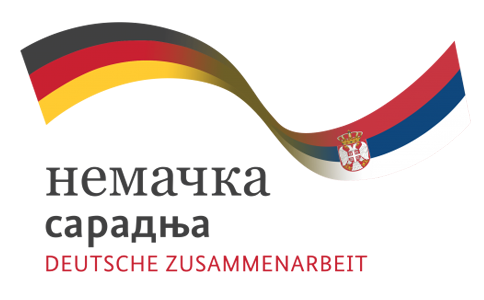Tax exemption for newly employed individuals
Last time updated: 06.06.2023.This is a general incentive that does not directly apply to individuals employed within a startup and serves as a stimulus for hiring individuals regardless of their age. The purpose of this incentive is to enable the employer (in this case, a startup) to provide a higher net income to newly employed individuals while simultaneously reducing its overall costs. Startups typically require highly skilled individuals with specialized knowledge, so every incentive for employment is of great importance to a startup. It is important to note that this incentive has a limited duration and is valid until the end of 2024.
What is tax exemption for newly employed individuals?
Tax exemption for newly employed individuals refers to the right of the employer, specifically the startup, to be exempted from paying 70% of the salary tax and 100% of contributions for mandatory pension and disability insurance for the newly employed individual’s earnings paid until December 31, 2024. This incentive came into effect on March 1, 2022. The state takes on the responsibility of paying the contributions for mandatory pension and disability insurance.
What are the requirements for an individual to be considered a newly employed person?
- The individual must not have had the status of an employed insured person or been self-employed from January 1, 2019, until February 28, 2022;
- The newly employed person must have entered into an employment relationship with an employer, in this case, with a startup, between March 1, 2022, and December 31, 2022;
- He or she must earn a monthly gross salary greater than 76,500 dinars;
- An individual who has been a user of old-age, early retirement, or disability pension status since January 1, 2019, can not be considered a newly employed person.
What are the limitations in application?
If the employer, i.e a startup, uses any type of incentives regulated by the law for a specific individual, including allowances paid by the National Employment Service, they are not entitled to this tax exemption for that individual.
How to determine if a newly employed person meets the requirements?
It is determined based on a certificate, i.e. a document containing registered and recorded data from the Unified Database of the Central Register of Mandatory Social Insurance.
How is this incentive used?
This tax exemption is applied by submitting a tax return for income tax and contributions on earnings using the Form PPP-PD (individual tax return on calculated taxes and contributions), by entering the appropriate code in sector 3.6, revenue type.
The regulations governing this exemption are:
- Law on Personal Income Tax, Article 21z
- Law on Contributions for Mandatory Social Insurance, Article 45ž
Example:
The startup “Aurora” conducts research and development to develop software for selling various products. “Aurora” was founded on January 1, 2022. Ena was employed by the startup on April 1, 2022, after completing her studies. Prior to that, she did not have any previous employment, meaning she did not have the status of an insured employee. According to her contract, her gross salary is 80,000 dinars. Therefore, all the conditions are met to apply this tax relief to Ena’s earnings, which is limited in time and valid until December 31, 2024. After some time, “Aurora” hired Matija on February 1, 2023, who also had no previous employment. In Ena’s case, “Aurora” is exempt from paying 70% of the tax on her salary and 100% of the contributions for mandatory pension and disability insurance, for all earnings until the end of 2024. However, in Matija’s case, “Aurora” can not utilize the exemption because Matija did not meet the condition of establishing an employment relationship between March 1, 2022, and December 31, 2022. By utilizing this tax exemption for their newly employed individuals, “Aurora” is able to simultaneously reduce their overall costs and provide higher net salaries for their newly employed personnel.

